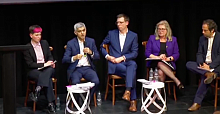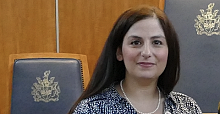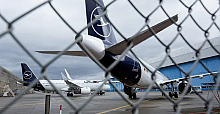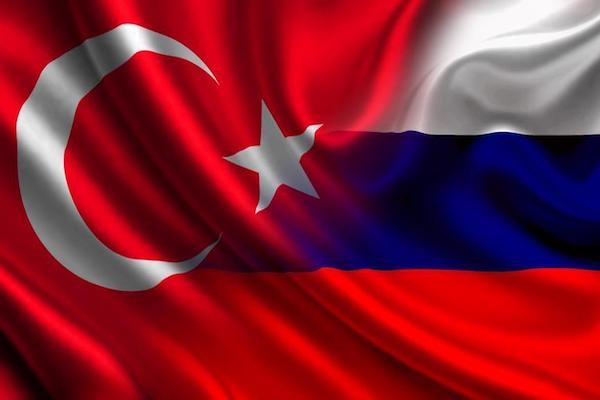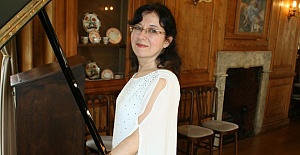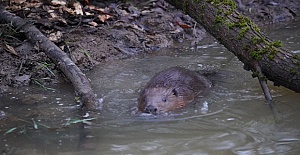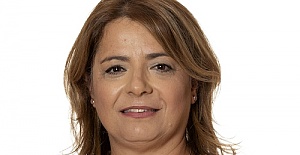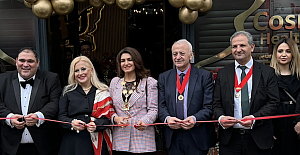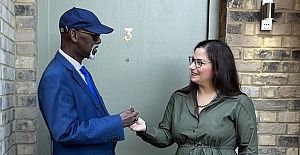AvrupaLondon - Russian President Vladimir Putin visited Turkey on Sept. 28 for talks with President Recep Tayyip Erdogan. This was Putin’s second visit to Turkey and the fifth meeting of the two leaders over the last year since the two countries began normalizing relations after the downing of the Russian Su-24M tactical bomber by a Turkish F-16 fighter jet on Nov. 24, 2015.
There were several issues on the leaders' agenda, including the situation in Syria and Iraq, especially the independence referendum of the Kurdish Regional Government (KRG), Turkey’s purchase of Russian S-400 defense systems, along with a number of other political and economic topics as well as bilateral trade.
When we look at the current history of Turkish-Russian relations, we see that the bilateral relations developed with a constant acceleration rate from the mid-1990s up to the downing of the Russian jet in November 2015.
During the period before the downing of the jet, Turkey and Russia came closer, concentrating on the flip side of the relations and managed to upgrade their relations to a "strategic partnership in the new century".
Nevertheless, the escalation of disagreements between the two countries over the Middle East, especially the so-called "plane incident," had direct negative consequences on the almost two-decade Turkish-Russian modus vivendi.
The increasing disagreements, competition, and insecurity in the region lowered the chances of any improvement in the political, economic and security-related arenas. At the same time, rising tensions between the West and Russia further undermined the already fragile regional balance. Ankara appeared to be stuck in the middle.
Turkish-Russian bilateral relations developed with a constant acceleration since President Recep Tayyip Erdogan sent a letter to President Vladimir Putin, expressing his regrets for the downing of the Russian jet.
One month later, President Erdogan paid his first visit abroad in the aftermath of the failed coup to St. Petersburg on Aug. 9, 2016. This visit marked a milestone in the bilateral relations between the two nations after an almost nine-month break, which came to be labeled as "annus horribilis" in the Turkish-Russian relations.
After their meeting in St. Petersburg, the two leaders highlighted their substantial and constructive dialogue on all issues of mutual interest and outlined a roadmap for restoring ties to a pre-"plane incident" level.
Both leaders agreed that regional problems needed to be resolved through joint initiatives, implying that this should happen under the tutelage of Turkey and Russia.
Thus this last visit meant a lot for both parties. The most explicit sign that the Russian side attributed great importance to this visit was the retinue of aides accompanying President Putin: Foreign Minister Sergey Lavrov, Energy Minister Alexander Novak, Chief of General Staff General Valery Gerasimov, Special Envoy on Syria Alexander Lavrentiev, Gazprom Chairman Alexey Miller and Director General of the Rosatom State Atomic Energy Corporation Alexey Likhachev.
The most concrete result of the meeting was the removal of the ban on Turkish tomatoes, which had plagued the countries' bilateral trade since the beginning of 2016. This ban was part of the anti-Turkish sanctions imposed by Moscow after the jet crisis, and thus its removal is an important step in the normalization process.



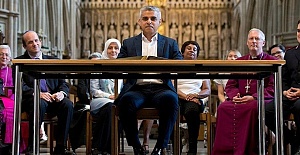 The candidates vying to be the next London mayor
The candidates vying to be the next London mayor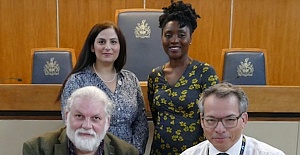 Enfield Council commits to anti-racism and diversity pledge
Enfield Council commits to anti-racism and diversity pledge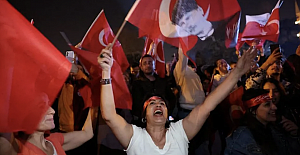 President Erdogan promised supporters his party would learn its lessons from the defeat
President Erdogan promised supporters his party would learn its lessons from the defeat Mayor of London and London Assembly elections
Mayor of London and London Assembly elections UK and US scientists have been working on eclipse observations
UK and US scientists have been working on eclipse observations Unsupportive goverment policies jeopardizing foundation of UK food security
Unsupportive goverment policies jeopardizing foundation of UK food security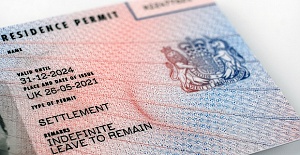 UK Visas and Immigration UKVI are developing a digital immigration system named eVisa
UK Visas and Immigration UKVI are developing a digital immigration system named eVisa Oppenheimer sweeps awards with best picture and actor wins, Oscars 2024
Oppenheimer sweeps awards with best picture and actor wins, Oscars 2024 English Premier League leaders Arsenal will visit title contenders
English Premier League leaders Arsenal will visit title contenders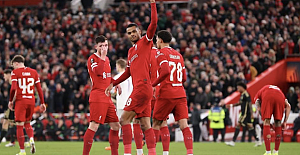 Liverpool meet Atalanta and West Ham face Bayer Leverkusen
Liverpool meet Atalanta and West Ham face Bayer Leverkusen Arsenal face Bayern Munich and Manchester City play Real Madrid
Arsenal face Bayern Munich and Manchester City play Real Madrid UK Transfer deadline day, the transfer window closes tonight
UK Transfer deadline day, the transfer window closes tonight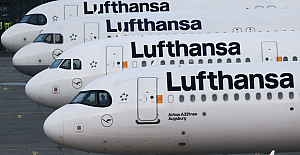 Europe's travel strikes: Flight and train disruption you can expect in April
Europe's travel strikes: Flight and train disruption you can expect in April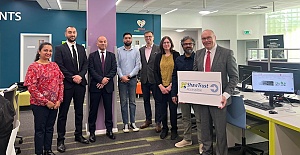 Enfield Council website achieves digital inclusion recognition
Enfield Council website achieves digital inclusion recognition Enfield Council’s Planning Enforcement team goes from strength to strength
Enfield Council’s Planning Enforcement team goes from strength to strength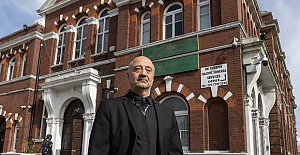 UK's first Turkish Shacklewell Lane Mosque faces threat to its future
UK's first Turkish Shacklewell Lane Mosque faces threat to its future

